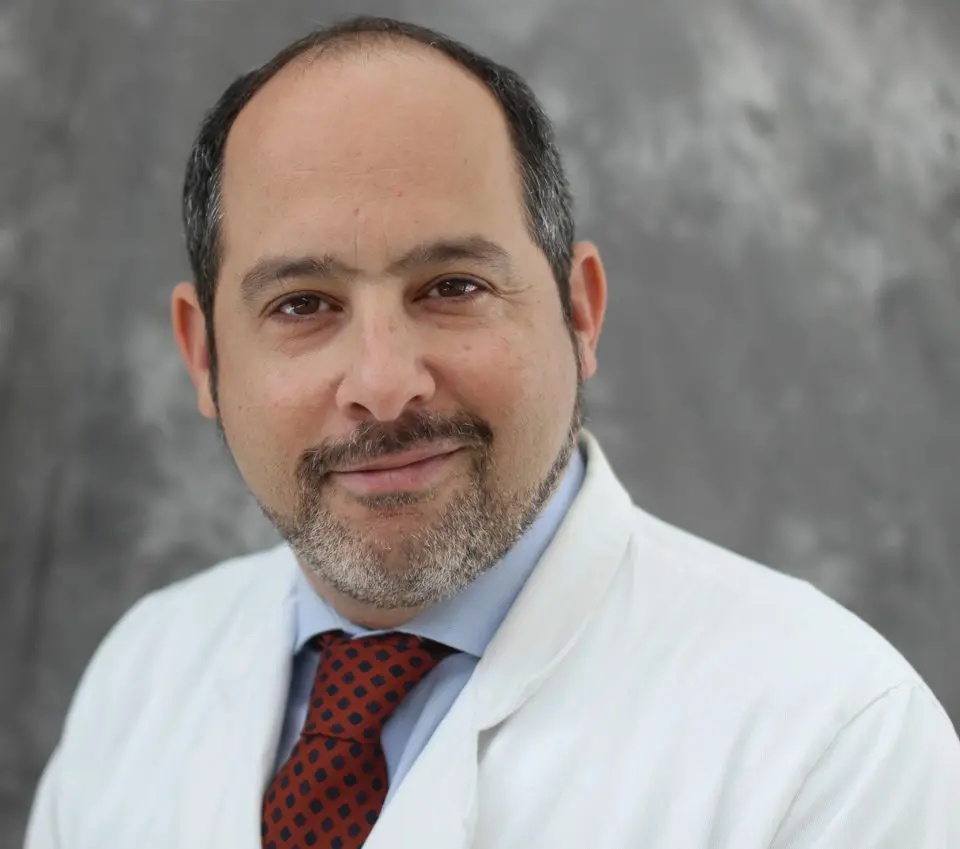Breaking Down Barriers
Bridging Gaps, Integrating Care

Person-Centered Health Care Services
Psychology and medicine are often inseparable. But in the United States (US) health care system, they are separated. Generally, symptoms and suffering deemed medical (“physical”) are prioritized over those classified as psychological (“mental”). Physicians, themselves, have labeled this dangerous, artificial distinction an “epidemic," and for the last half century have recommended instead an integrated approach, particularly necessary in primary care and geriatrics. Nevertheless, the system resists change and biopsychosocial medicine is still not standard in US health care; a corporatized system that defines care quality in terms of efficiency and volume, i.e., seeing more patients in less time and reimburses technical procedures more than counseling and support. This model serves many business interests, but often fails patients, families, and increasingly, their clinicians.
At BMP&G we provide an alternative. Comprehensive, whole-person, relationship-centered care, that does integrate and does not separate biomedical, psychological, social, & behavioral factors. Unlike traditional health care, which often focuses only on your symptoms/pathology (i.e., what’s wrong with you), BMP&G also helps you identify & utilize your strengths (i.e., what’s right with you).
See for yourself. Please utilize this website as a knowledge and information hub. If you have questions about whether our clinical expertise and experience can help you, contact us. At BMP&G we have one mission – to ensure that patients, families, and fellow clinicians are provided with the person-centered care, support, and expertise they want, need, and deserve, but too often do not receive.
What Dr. Bensadon Will Bring to Your Team

Leadership
Selected to the inaugural cohort of national geriatrics leadership scholars (1 of 15) by the nation's leading geriatric medicine organizations.

Credibility
Appointed by academic faculty leadership to Director roles of required clinical rotations in geriatric medicine and palliative care while at 2 medical schools.

Knowledge
Assembled and led an interdisciplinary team of physicians and geriatric psychologists as Editor of a collaborative text focused on integrated care, published by Elsevier, the largest academic publisher in the world.

Innovation
Created and required end-of-life and cultural competence medical training with older adults and ethnically diverse volunteers (i.e., "standardized patients") to help future physicians address rather than avoid difficult conversations.*
*Each was highlighted by the Association of American Medical Colleges, the governing body of undergraduate medical education in the United States.

Cultural Competence
Trained Historically Black College/University (HBCU) students as core faculty for a physician diversity pipeline program.
Chose a Black physician colleague, current Chair, Board of Trustees, American Medical Association, to author a book chapter on the traditional culture of medicine that addresses national health disparities, bias, physician burnout, and academic medicine's hidden curriculum.

Humility
Integrated patients as professors for both medical students and residents to ensure their voice was accurately valued, heard, and understood. This included requiring physician trainee attendance at chronic disease patient and family caregiver support groups.

Courage
Defended/protected the autonomy and freedom of older adults facing litigation from family members seeking control of their assets by prematurely declaring them legally incompetent.
Similarly questioned the health care industry's dangerous corporate push to label people with "mild" cognitive impairment.

Insight
Successfully cut across health care’s longstanding disciplinary siloes as a clinician educator in both undergraduate and graduate medical training.
Doctoring roles mirrored those of physician colleagues including inpatient hospital-based attending and outpatient clinic-based preceptor for medical students and residents, most of whom had never had the opportunity to shadow a clinical psychologist.

Creativity
Developed a Veteran's hospital-based aging film series where clinicians and patients viewed and discussed content together.*
*The program was identified as evidence of culture transformation, a quality improvement metric, by a national health care accrediting body.